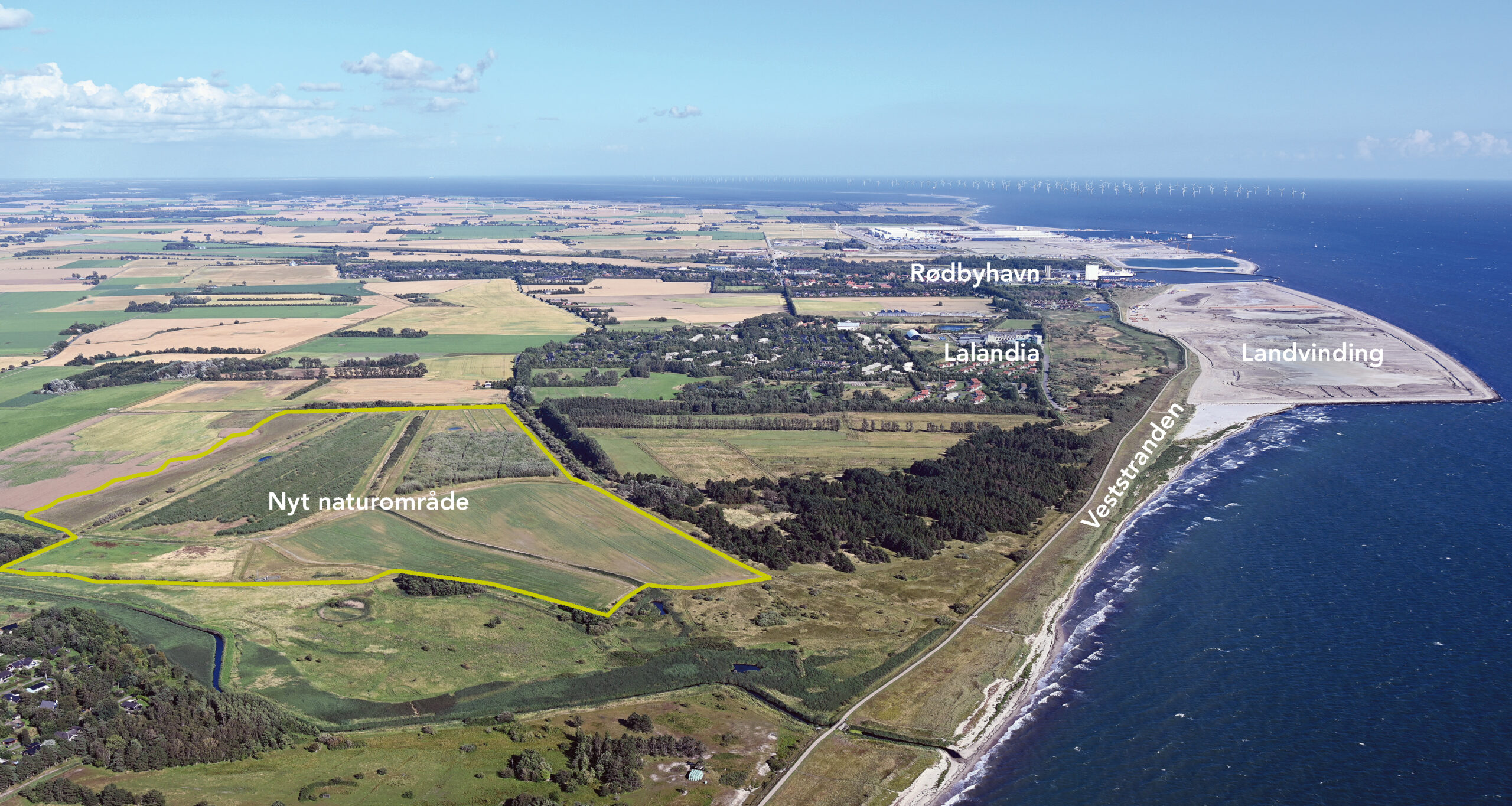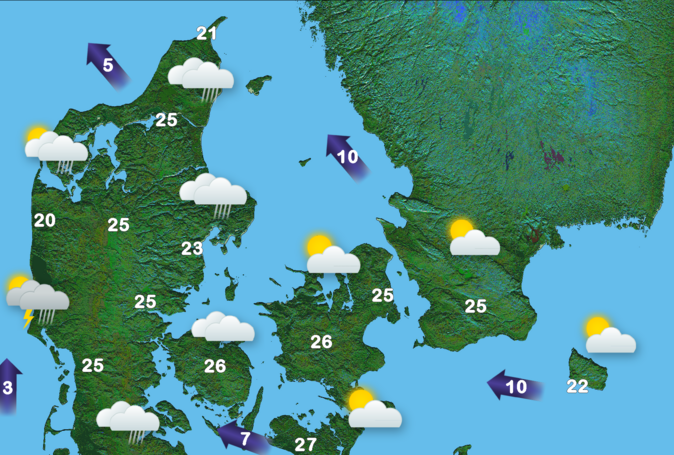The highly-touted 1813 emergency medical call system that came into effect at the start of the year continues to fall short of expected results.
Although the stated aim of the 1813 system is to answer 90 percent of incoming calls within three minutes, on one recent busy day in the Capital Region (Region Hovedstaden), only ten percent of calls were answered within that benchmark. Only 42 percent of calls were answered within ten minutes. Some callers sat for over an hour waiting for their chance to explain their problem to a nurse, only to endure another hour-long wait before being referred to a doctor.
One out of every four callers either gets disconnected or simply gives up before ever getting through.
READ MORE: Disastrous start for new emergency phone line
Criticism of the excessive wait times has caused Capital Region chairperson Sophie Hæstorp Andersen (S) to release 15 million kroner originally set aside for contingencies to help pay for improvements to the system.
In a somewhat bizarre twist, Svend Harting, the executive vice-president of the Capital Region, blamed at least some of the system’s sluggishness on doctors and journalists calling and gumming up the works.
Mads Koch Hansen, the head of the doctor’s association Lægeforeningen, brushed off Harting’s accusations.
“I am shocked at a claim like this,” He told Berlingske newspaper. “It sounds to me like a desperate attempt explain away poor planning."
Andersen has called for a crisis meeting to discuss the emergency phone line situation.
“Of course the system is not satisfactory,” Andersen told Berlingske. “Although things are improving, we are not reaching our service objectives.”














